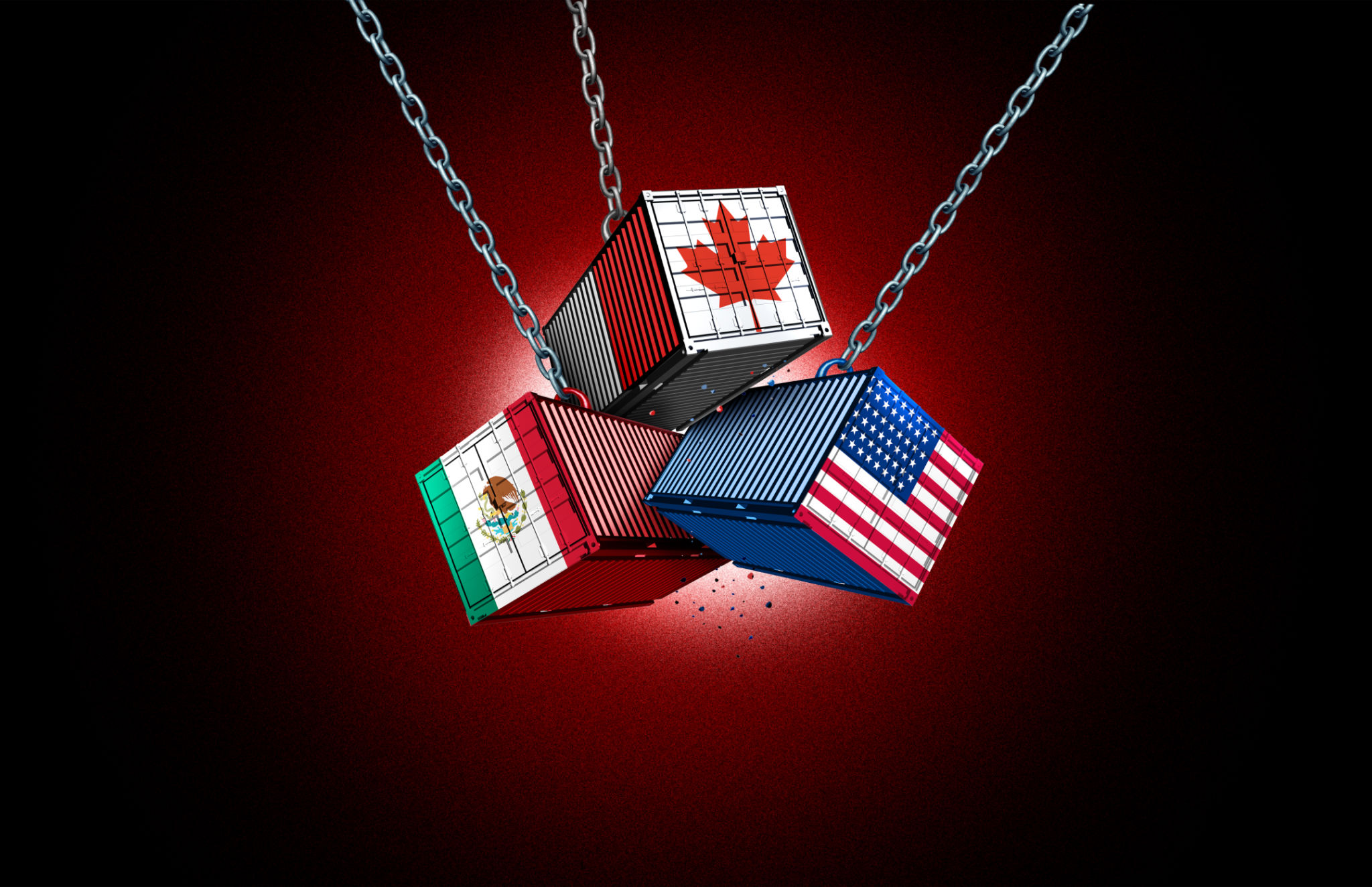Comprehensive Guide to Importing Brazilian Products into the US
Understanding the Market Potential
Brazil is one of the largest and most diverse markets in the world, offering a rich array of products ranging from agricultural goods to manufactured items. Importing Brazilian products into the US presents an exciting opportunity for businesses looking to diversify their offerings and tap into new consumer bases. However, understanding the market potential is crucial for success. Researching consumer trends, demand, and competition can help you make informed decisions.

Identifying the Right Products
When considering importing from Brazil, it's important to identify products that align with your business needs and customer preferences. Popular Brazilian exports include coffee, sugar, soybeans, beef, and footwear. Additionally, the country's emerging tech and fashion sectors offer innovative products that could appeal to US consumers. Conduct thorough market research to determine which products have the highest demand and profitability in your target market.
Navigating Import Regulations and Compliance
Importing products into the US involves adhering to a range of regulations and compliance standards. The US Customs and Border Protection (CBP) outlines specific requirements for imported goods, including tariff classifications, labeling, and documentation. It's essential to familiarize yourself with these regulations to avoid potential delays or penalties. Hiring a customs broker can also be beneficial to ensure compliance with all necessary procedures.

Understanding Tariffs and Duties
Tariffs and duties are integral components of the import process and can significantly impact your bottom line. The rates vary depending on the product category, origin, and other factors. Utilize tools such as the Harmonized Tariff Schedule (HTS) to determine the applicable tariffs for your products. Being proactive about understanding these costs will help you price your products competitively while maintaining profitability.
Establishing Reliable Supply Chains
Building a reliable supply chain is key to successful importing. This involves selecting trusted suppliers in Brazil who can consistently meet your quality and quantity requirements. Establish strong communication channels and consider visiting suppliers in person to build rapport and ensure transparency. Additionally, factor in logistics, transportation costs, and potential risks such as delays or disruptions.

Managing Logistics and Shipping
Efficient logistics management is crucial for minimizing costs and ensuring timely delivery of goods. Choose shipping methods that align with your budget and time constraints. Air freight offers faster delivery but at a higher cost, while ocean freight is more economical for larger shipments but involves longer transit times. Partnering with experienced freight forwarders can help streamline this process and navigate any challenges that arise.
Leveraging Trade Agreements
The US and Brazil have trade agreements in place that can facilitate smoother import processes. Understanding these agreements and how they apply to your specific products can result in reduced tariffs and expedited customs clearance. Staying informed about any changes in trade policies between the two countries is also vital for maintaining a competitive edge.

Marketing Brazilian Products in the US
Once your products arrive in the US, the next step is effective marketing. Highlight the unique features and cultural significance of Brazilian products to attract consumers. Utilizing social media platforms, influencer collaborations, and targeted advertising campaigns can help boost brand visibility and drive sales. Additionally, educating consumers about the quality and origin of these products can enhance their appeal.
In conclusion, importing Brazilian products into the US offers significant opportunities for business growth and diversification. By understanding market dynamics, navigating regulatory requirements, establishing strong supply chains, and leveraging trade agreements, businesses can successfully enter this vibrant market. With strategic planning and execution, Brazilian imports can become a valuable addition to your product portfolio.